How to Effectively Run Construction Management Projects
Construction is thriving. According to expert researchers, the industry is forecasted to reach over $1.4 trillion by 2021 . It’s stats like these that fuel further workforce growth, adding an average of 200,000 employees to the construction industry sector per year. In an industry like this one, it’s no wonder more and more people are interested in learning how to get started as a construction manager and the key steps necessary to effectively perform their duties.
That’s where we come in.
Throughout this guide, you’ll find construction management basics , tips and tricks for preventing common obstacles and ensuring consistent success, and a description of the tools you’ll need to use on the job. This overview of the industry can help set workplace expectations as well as create a foundation of knowledge from which to build on (both literally and figuratively).
Everything You Need to Know About Construction Management Projects
Construction Management Project Basics
Most-Frequently Asked Construction Project Questions,
Your Guide to General Construction Project Management
9 Most-Common Obstacles for Construction Management Projects
Keys to Success: Construction Management Projects
5 Must-Have Tools for Efficient Construction Management Projects
How to Choose Construction Project Management Software
Top 10 Features All Great Project Management Tools Offer
Main Takeaways: Construction Management Projects
Everything You Need to Know About Construction Management Projects
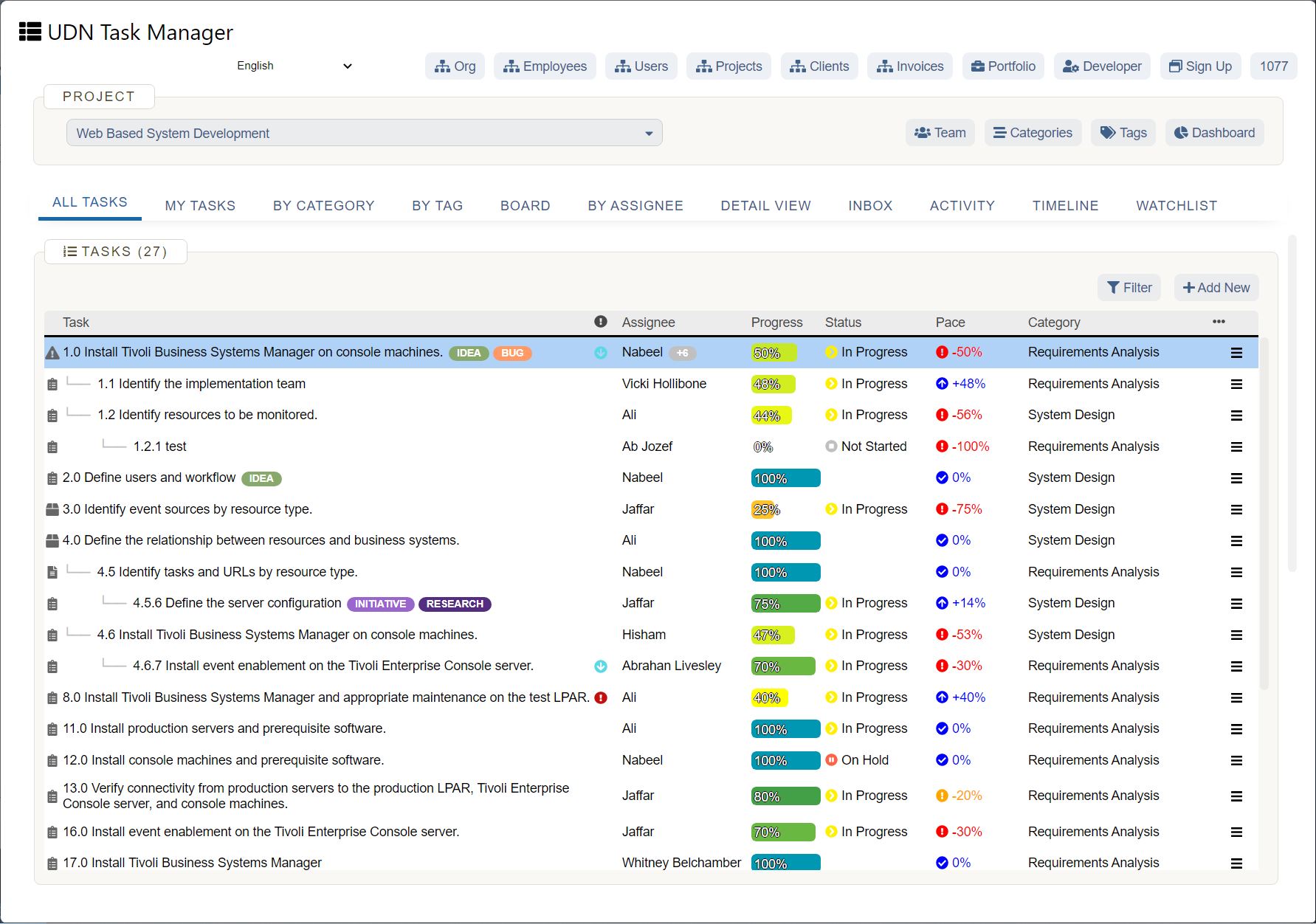
Project management in construction includes a wide variety of tasks and considerations from inception to execution. Integrating vendors, tracking budgetary concerns, and collaborating with a team of specialists are just some of the activities project managers in construction can look forward to. If you’re just getting started in project management or are interested in learning more about how construction project management is different from general project management, make sure you review the contents of this section.
Construction Management Project Basics
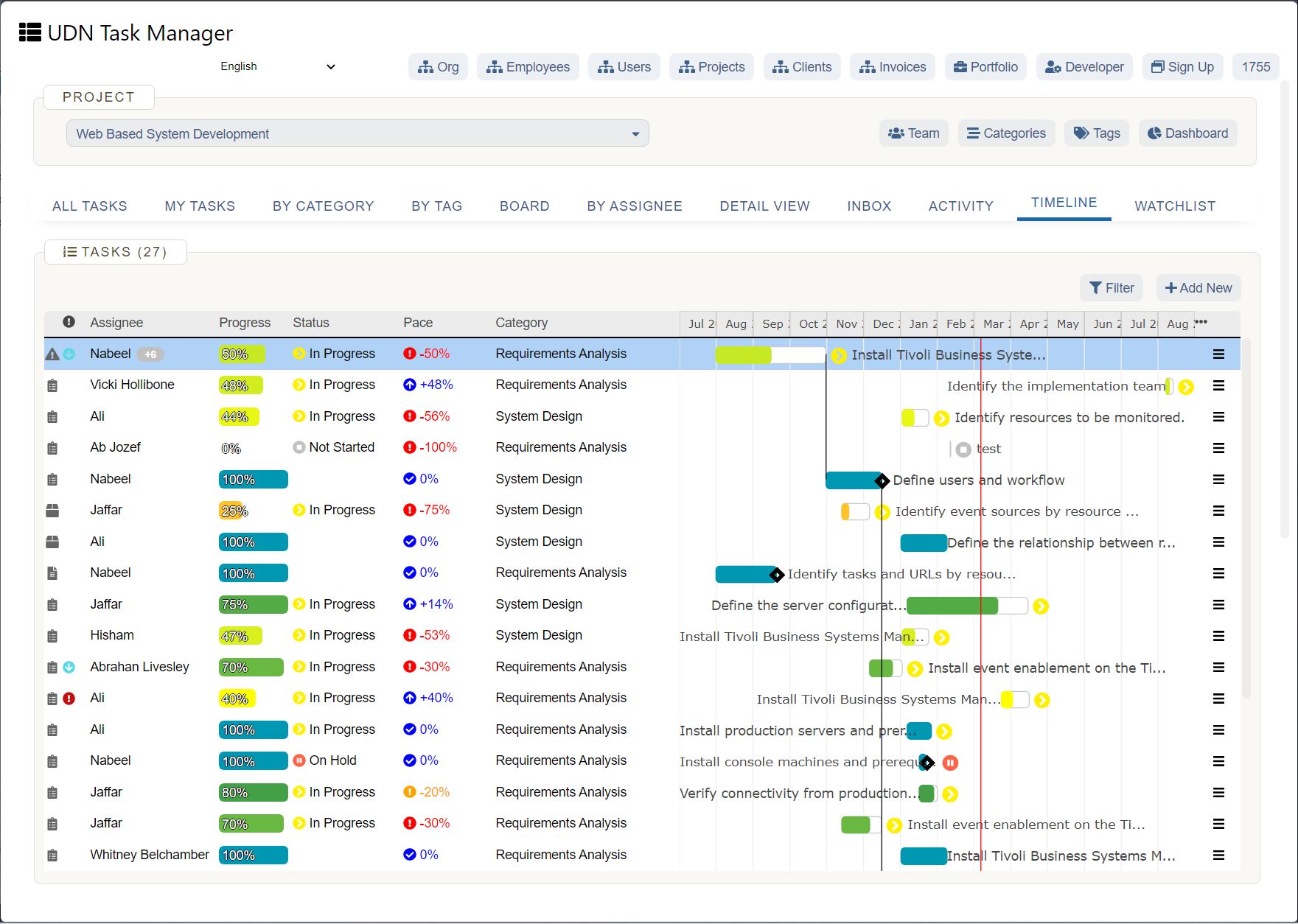
So what is a construction management project anyway?
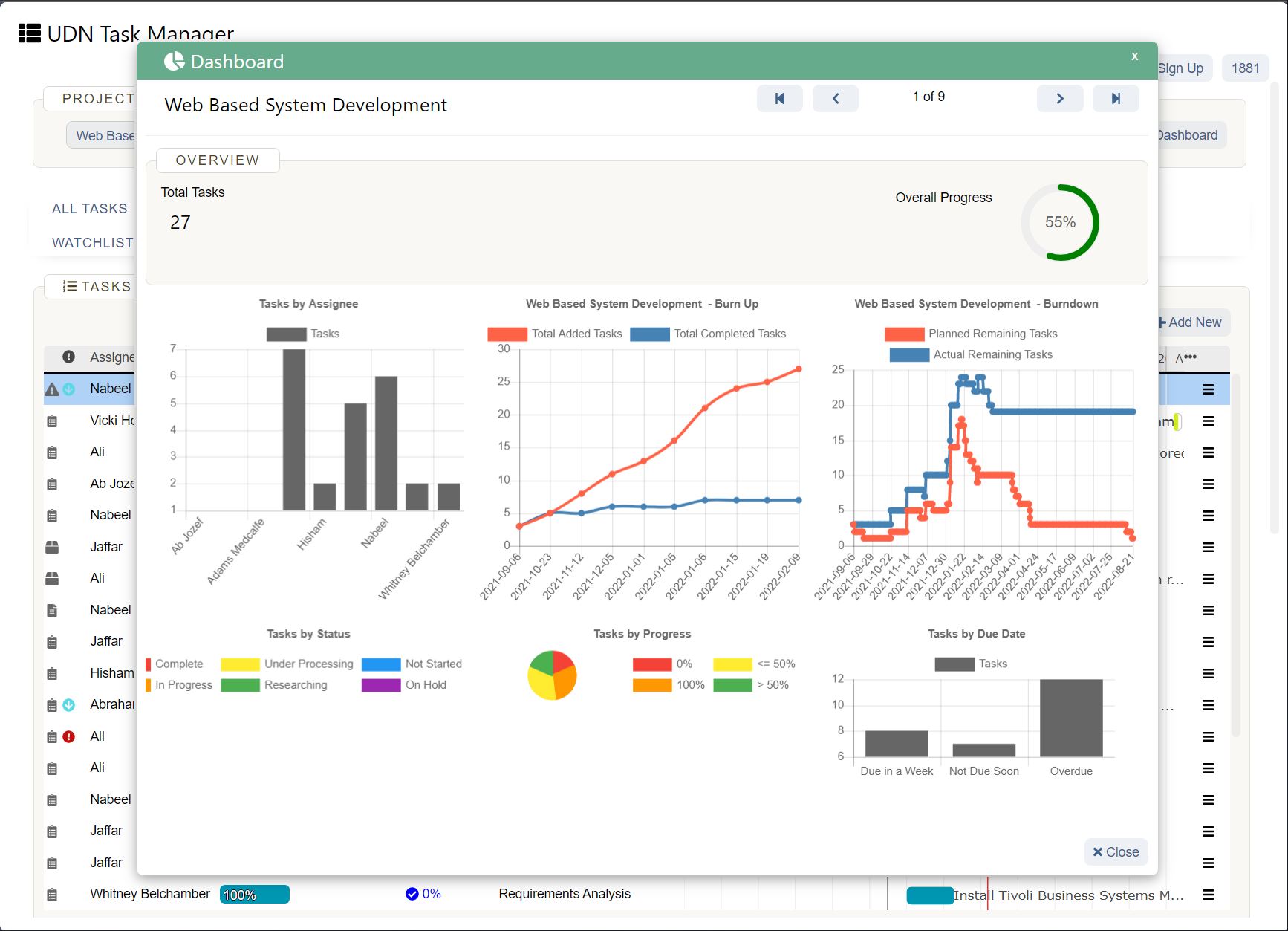
Construction management projects typically focus on the pre-construction and construction phases within a major building project. Pre-construction meetings, team member management, and onsite work supervision are the basis of any project, regardless of its size. Because construction projects are complicated, a staffed or third-party construction project manager is a crucial factor in their success.
What do construction management projects typically look like?
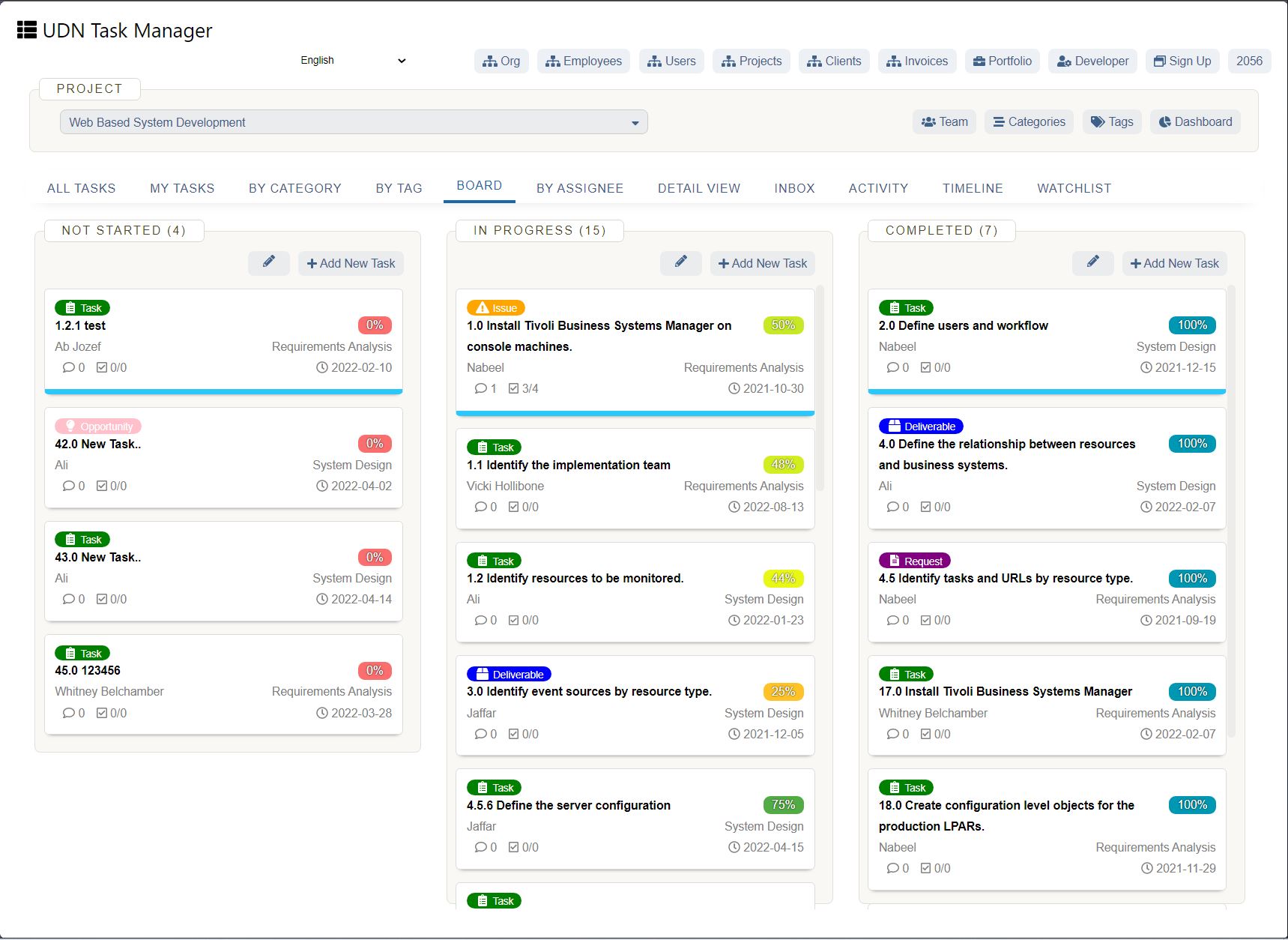
The construction project process begins the moment a bid is received. After that, most construction management projects follow these steps:
Given all the responsibilities involved, it’s no wonder the Bureau of Labor Statistics expects the demand for construction managers to grow 16% by 2020.
Most-Frequently Asked Construction Project Questions
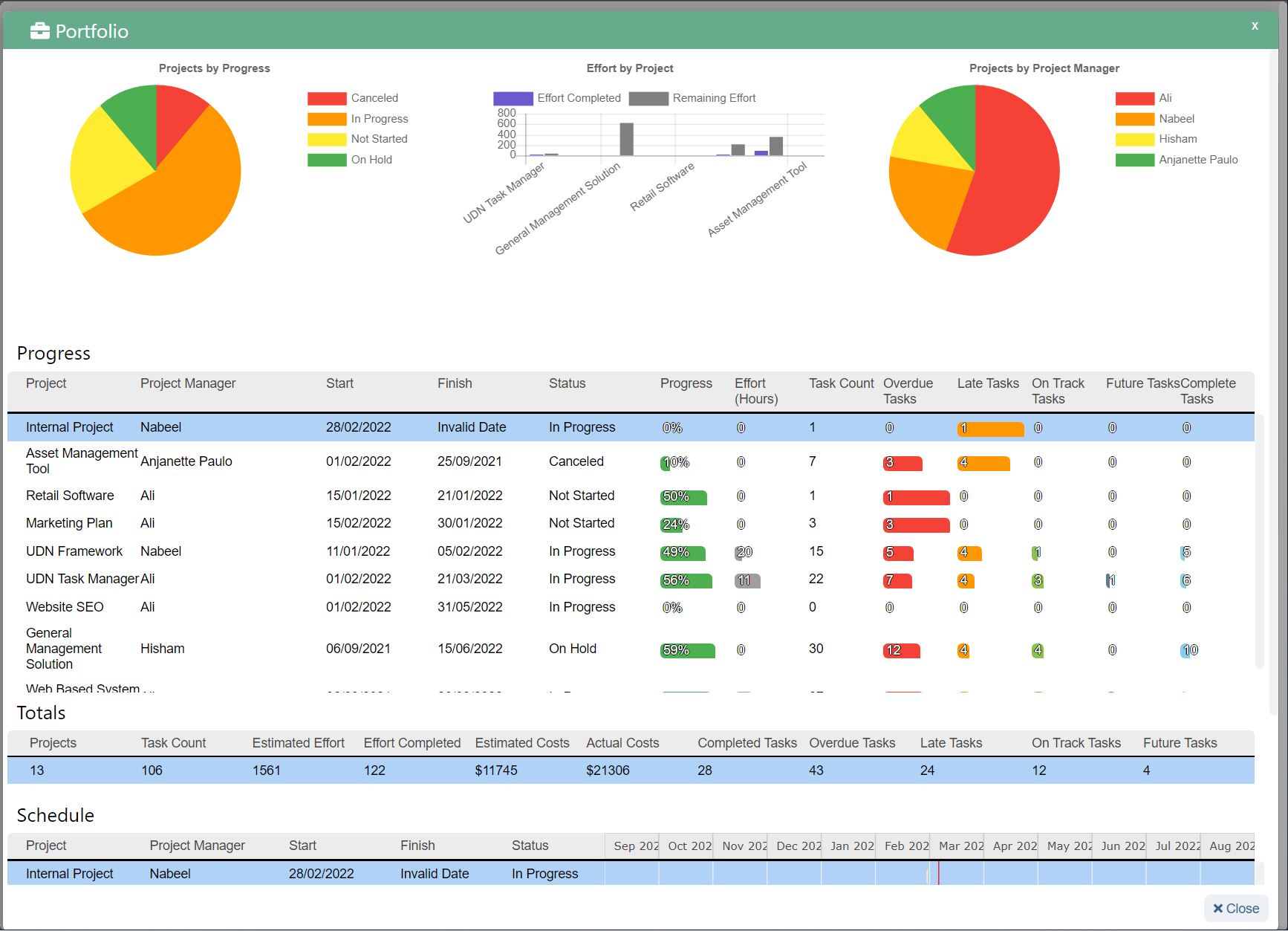
Who is usually involved in construction management projects?
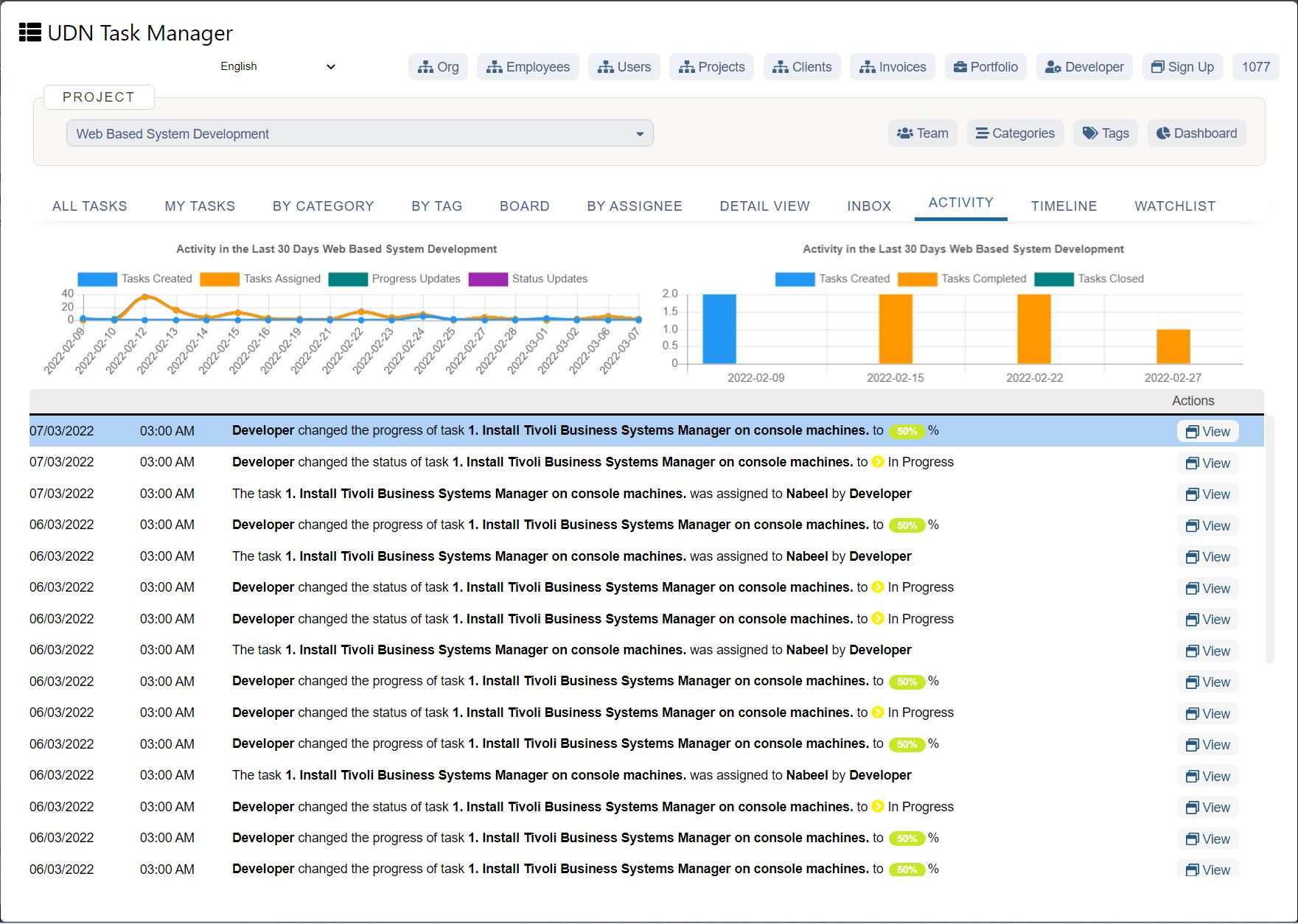
Besides the project manager, construction projects usually involve one or more contractors, financial planning consultants, architecture firms, engineering firms, the design and/or construction firms, operations managers, and facilities managers.
What do construction project managers do?
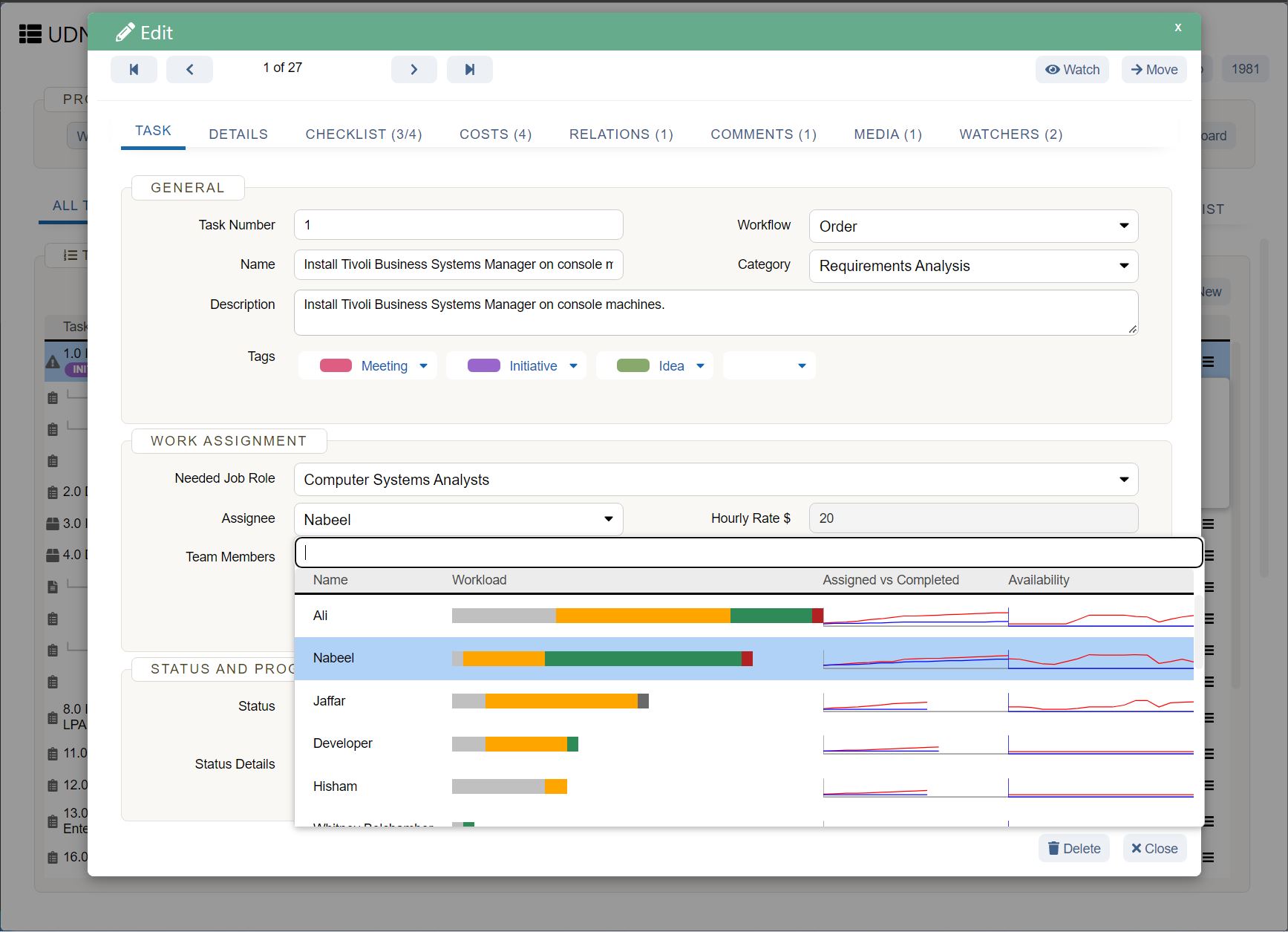
They oversee a construction project from start to finish and take on a leadership role in the process. Things like project cost estimations, assembling a team, and ensuring the day-to-day workflow is on schedule are all within the realm of a construction project manager’s duties. Handling both big-picture concerns and primary task delegations, a construction project manager pulls it all together.
Construction projects begin with an initial design phase. After that is complete, the project moves into the bidding process. At some point (before or after contractors are assigned), the project manager will step in to orchestrate the whole affair. As you can already tell, being a project manager involves juggling a lot of balls while also bringing together different groups of people to support a common goal.
So how much does a construction project manager make ? As of March 19, 2019 construction project managers earn an average of USD $71,847 per year .
What final deliverables are project managers responsible for?

Deliverables include tangible project assets (similar to blueprints or inventory statements) that assist the project in some way. In the construction business, project managers can typically count on being responsible for each of the following:
A work breakdown structure (WBS) is a visual tool the whole team can use to review the plan as well as each phase of the project as defined by organized sections. Chunking out a schedule in this way makes it easy to follow and pinpoint progress. The big picture provided by a WBS also helps your team stay on track. If one section takes longer or costs more than anticipated, it’s immediately clear which other phases will be affected and where adjustments will need to be made.
Scope statements are the project manager’s way of communicating the hopes and dreams clients have for this construction project. You can expect to find things like key project objectives , milestone definitions, and main benefits in this type of document. A scope statement is excellent throughout the project, but it can be especially useful at the end, when the final results are compared to the original work intent.
Any project involving humans will assume some sort of risk , particularly when heavy machinery and tools are involved. As a project manager, it will be your job to come up with ways to maintain budgetary and timeline commitments, with special attention paid to dealing with shortages of either. And once a project begins, there’s no telling what unanticipated budget cuts, construction issues, or personnel shifts might take place. This document will act as your contingency plan and help guide the entire team through a changing project landscape should any issues arise.
For any construction project, regardless of its size, you will likely be in charge of managing a dozen or more people at any given time. So in addition to overseeing hundreds of moving parts, a construction project manager will need to keep lines of communication open, accessible, and updated at all times. Having certain strategies in place ahead of time (i.e., written out in a communication plan) will help prevent misunderstandings and unnecessary issues.
What are some construction site manager tips?
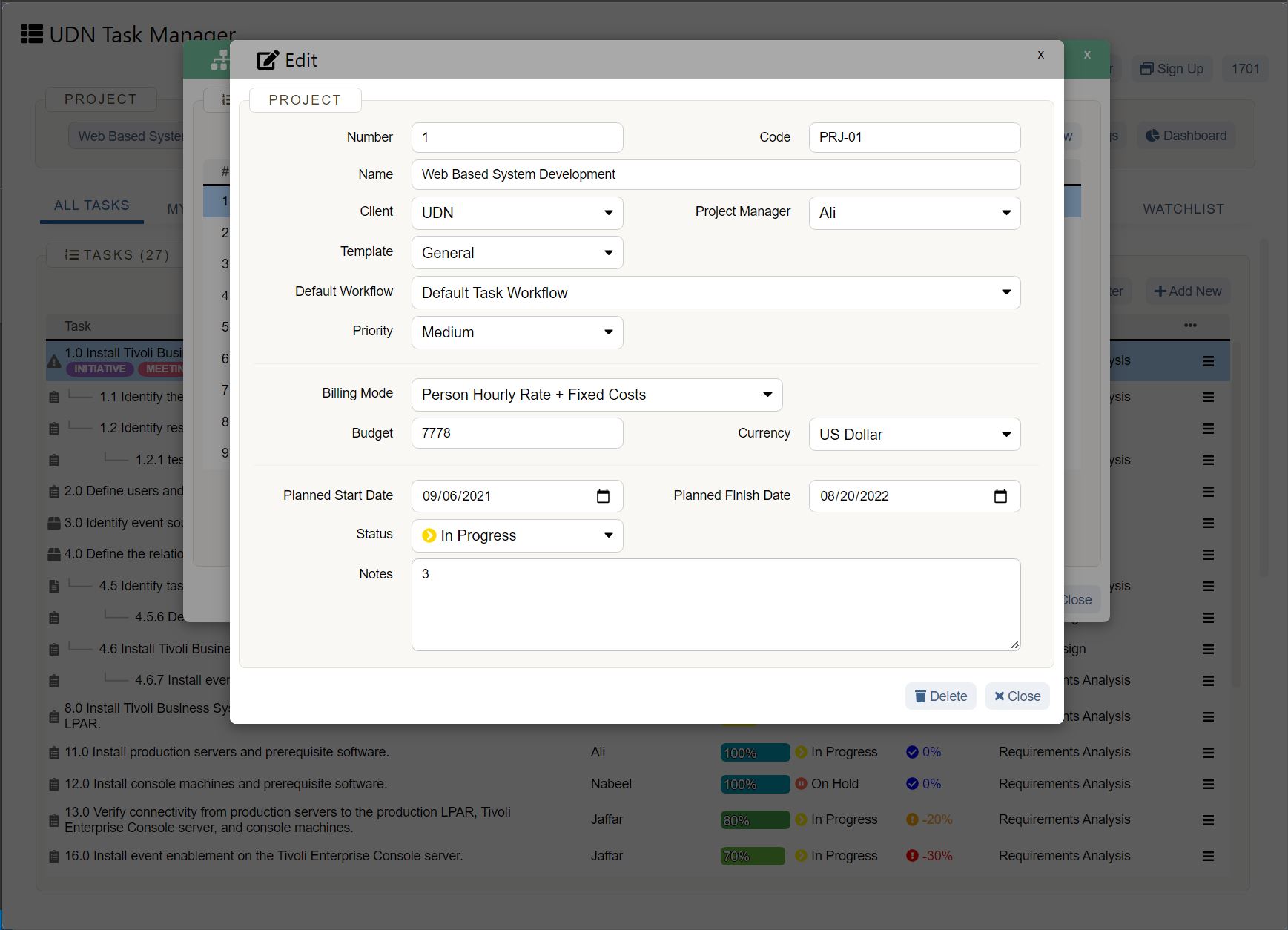
We’ll be sharing a lot more expert advice throughout this guide. But in general, if you plan to go into construction project management, you’ll want to keep these tips in mind in order to succeed in the workplace:
Now that we’ve covered the basics, here’s what you can expect to do when you begin your career as a project manager in construction.
Your Guide to General Construction Project Management
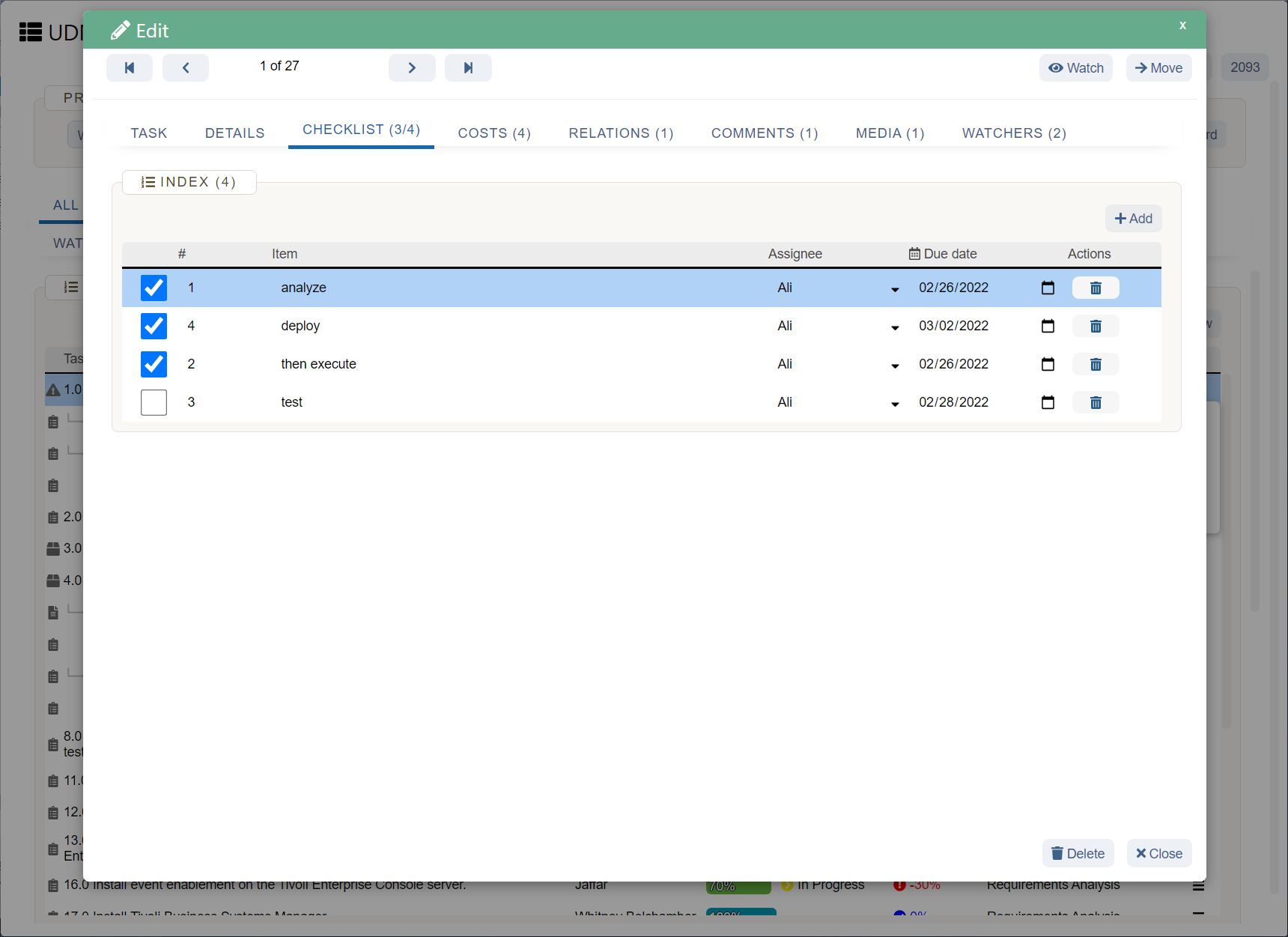
Whether you’re a beginning project manager or a professional looking to refresh your strategy, this overview of how to manage a construction project step by step can help.
Step 1: Create a plan
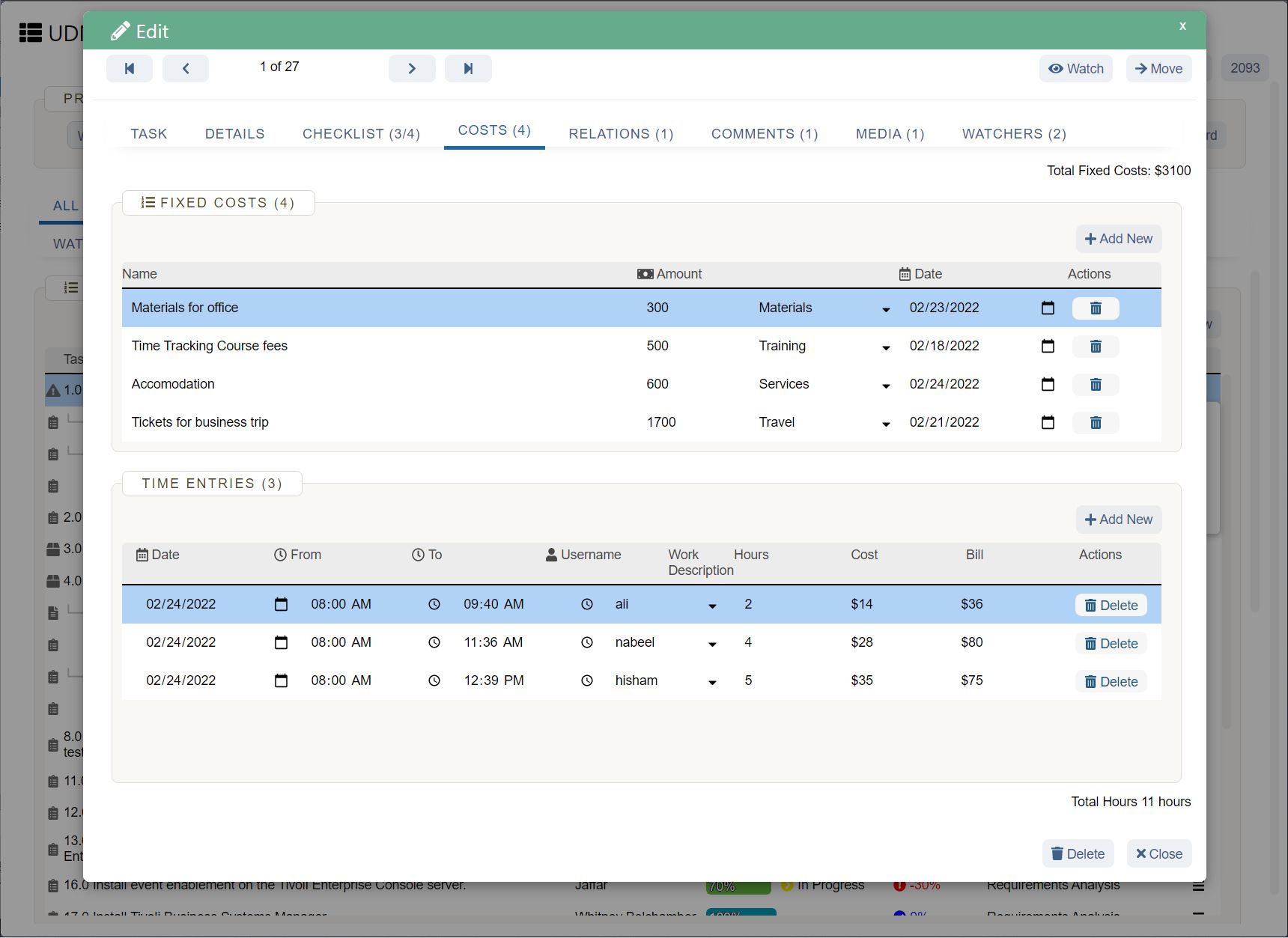
A construction manager is responsible for figuring out all the tasks needed to complete a project, including:
Getting together with the client to determine their expectations and project objectives is crucial at this stage. You can also use your knowledge of their bidding process to better understand their values and priorities.
For example, let’s say your client chose a closed-bid contractor with experience designing eco-friendly workspaces. This might indicate that your client would appreciate a construction project management plan with built-in processes that promote sustainability (like green-energy equipment rentals and reduced-energy consumption during the building phase).
Other administrative tasks, such as contracts and insurance, will also be dealt with during this stage.
Step 2: Determine roles
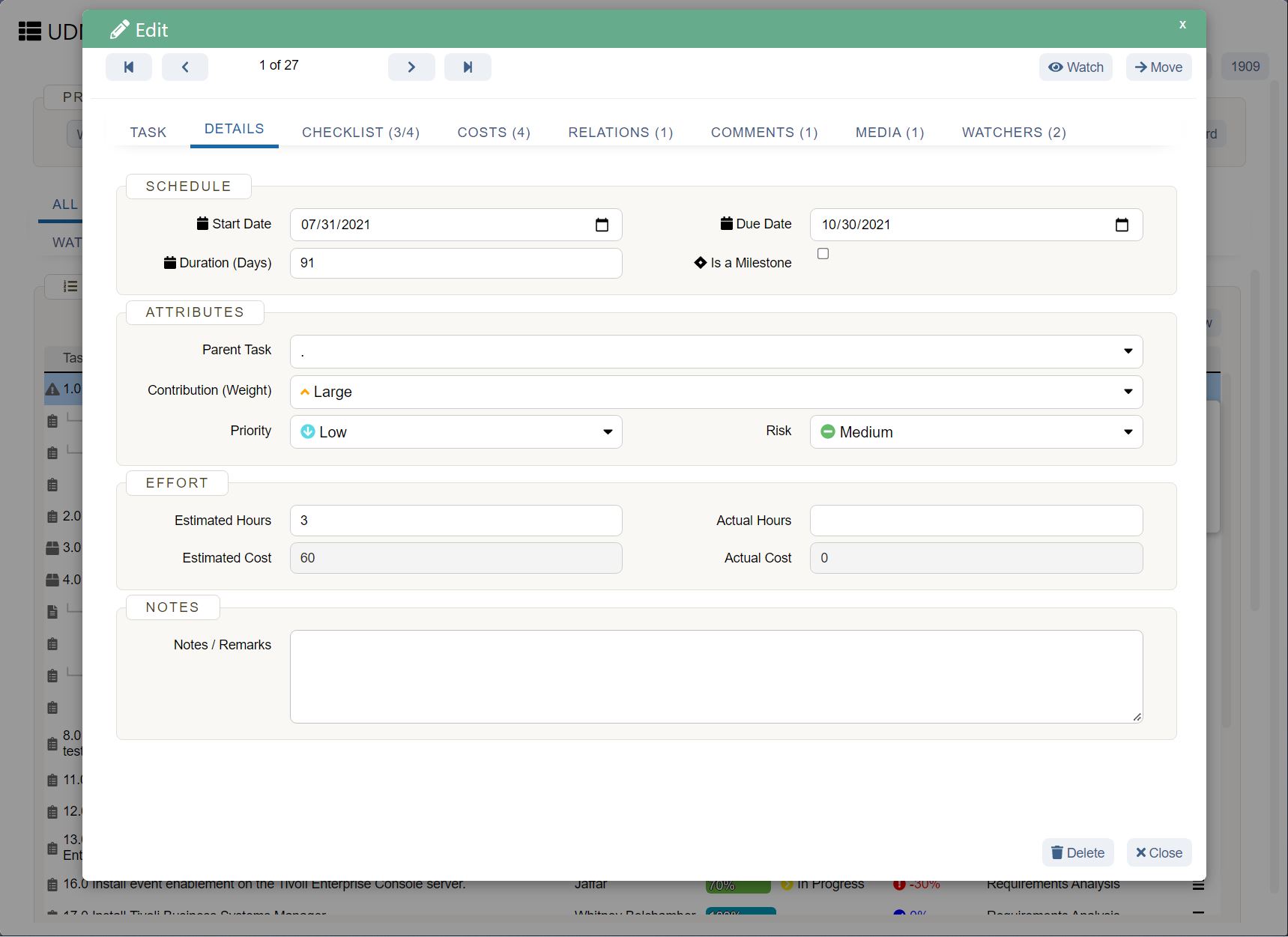
The next major concern should be who does what for the project in order to reduce or eliminate scope creep later on. This is also the time to decide which steps require management or stakeholder approval and who is responsible for giving it. Determining these details now will save time on the job and keep the project flowing smoothly later on.
Step 3: Host a kickoff meeting
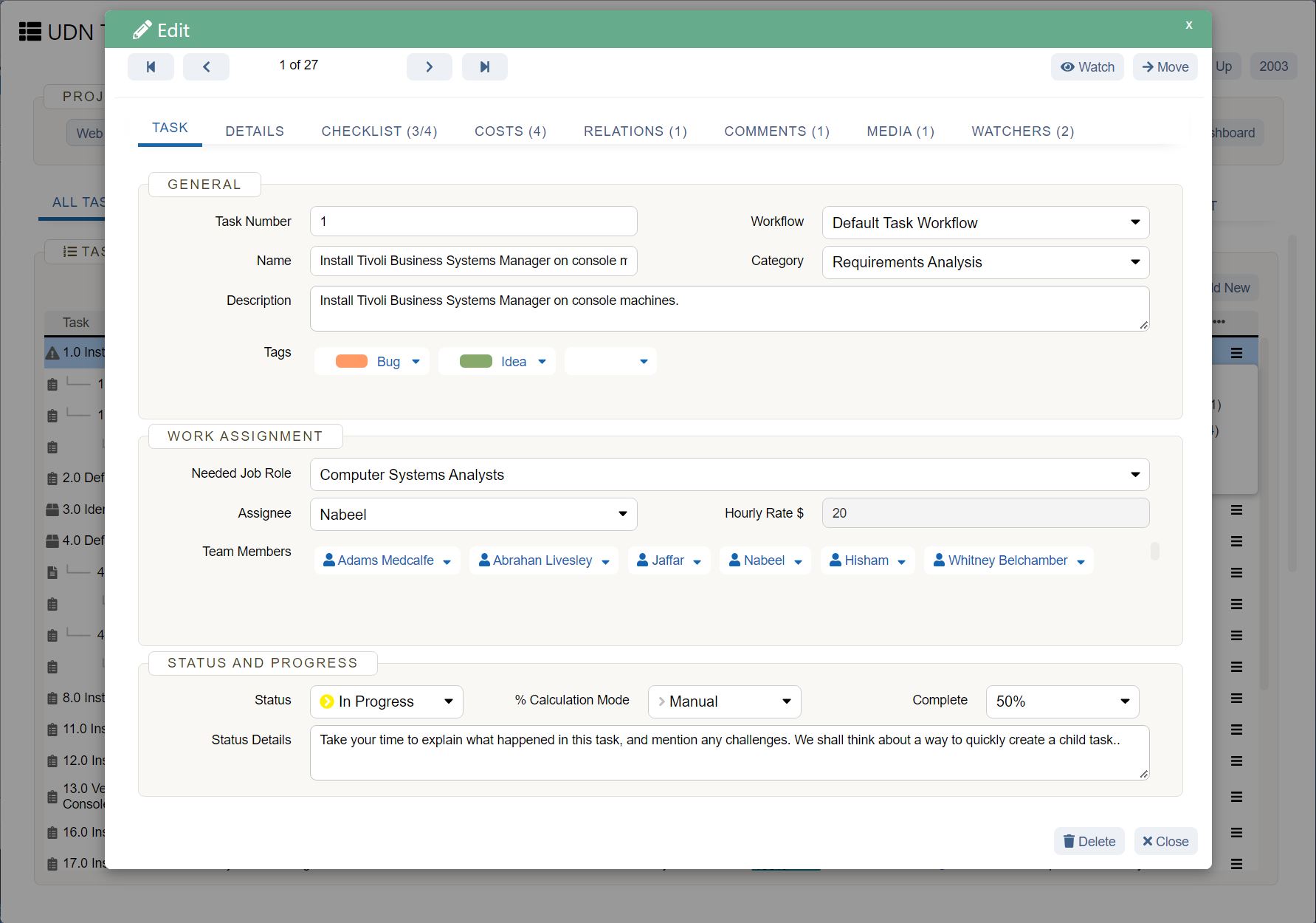
Include everyone who plays a major role in the project. Make sure to go over your plan, each member’s role, and any last-minute subgroup or task delegations. Answer questions as they come up — this might be the last time you get everyone together in the same room before the construction phase is complete.
Step 4: Build in flexibility
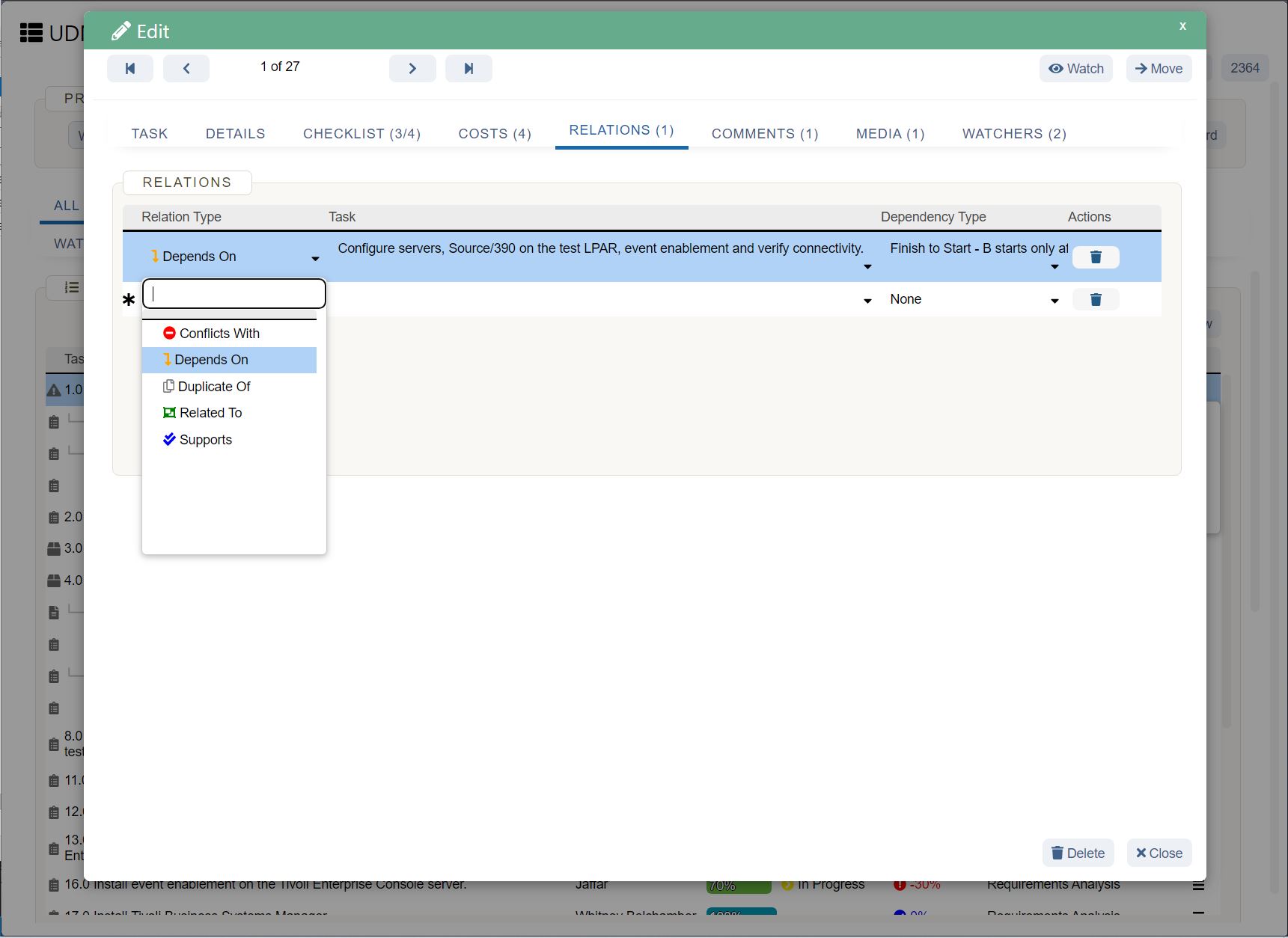
Not every construction project will go according to plan, which is why having a process for dealing with changes as they come up will turn setbacks into opportunities.
Step 5: Conduct a final review
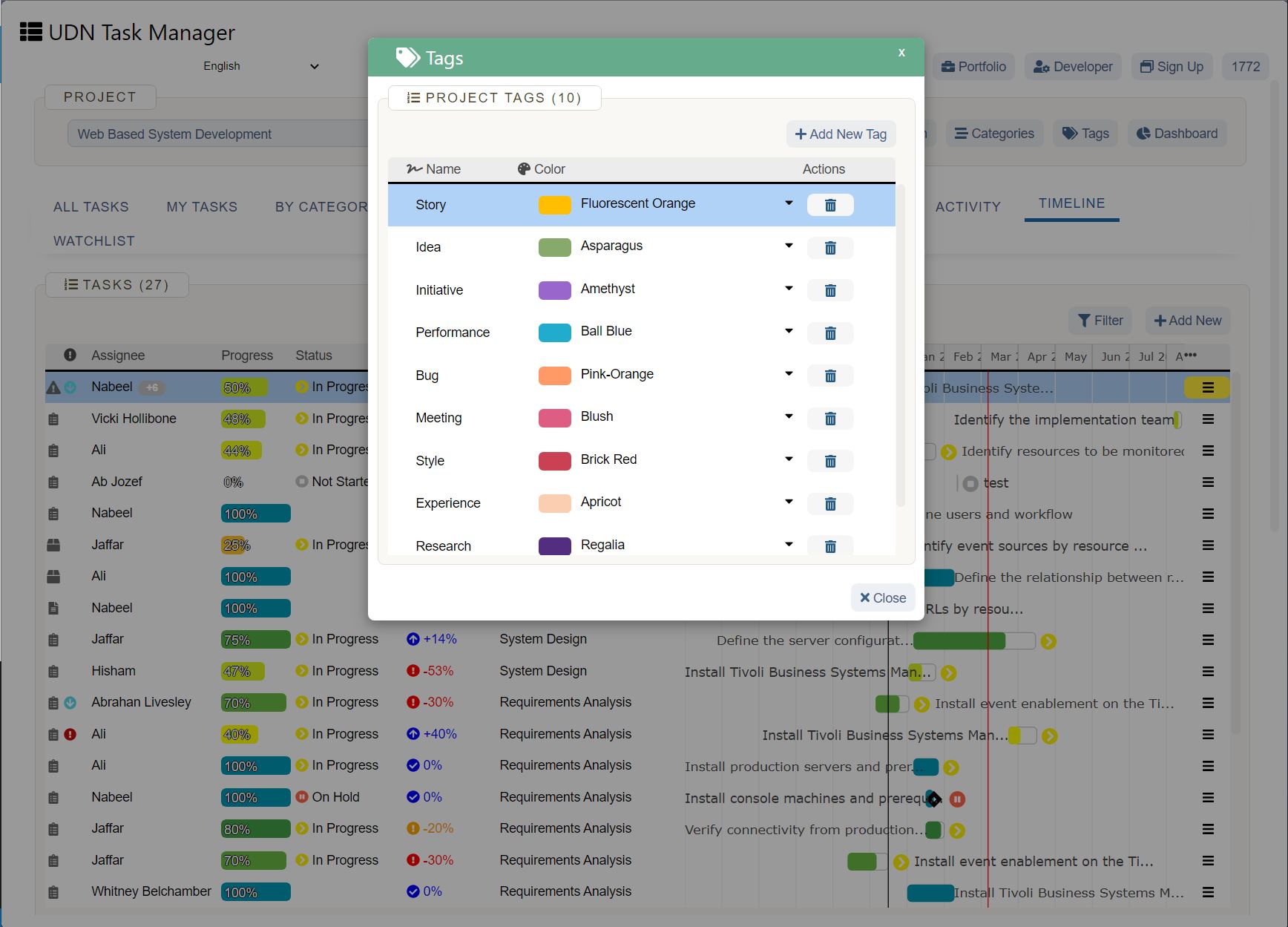
Go over everything you’ve planned so far and make adjustments where needed, following your previously drafted communication plan.
Step 6: Begin construction
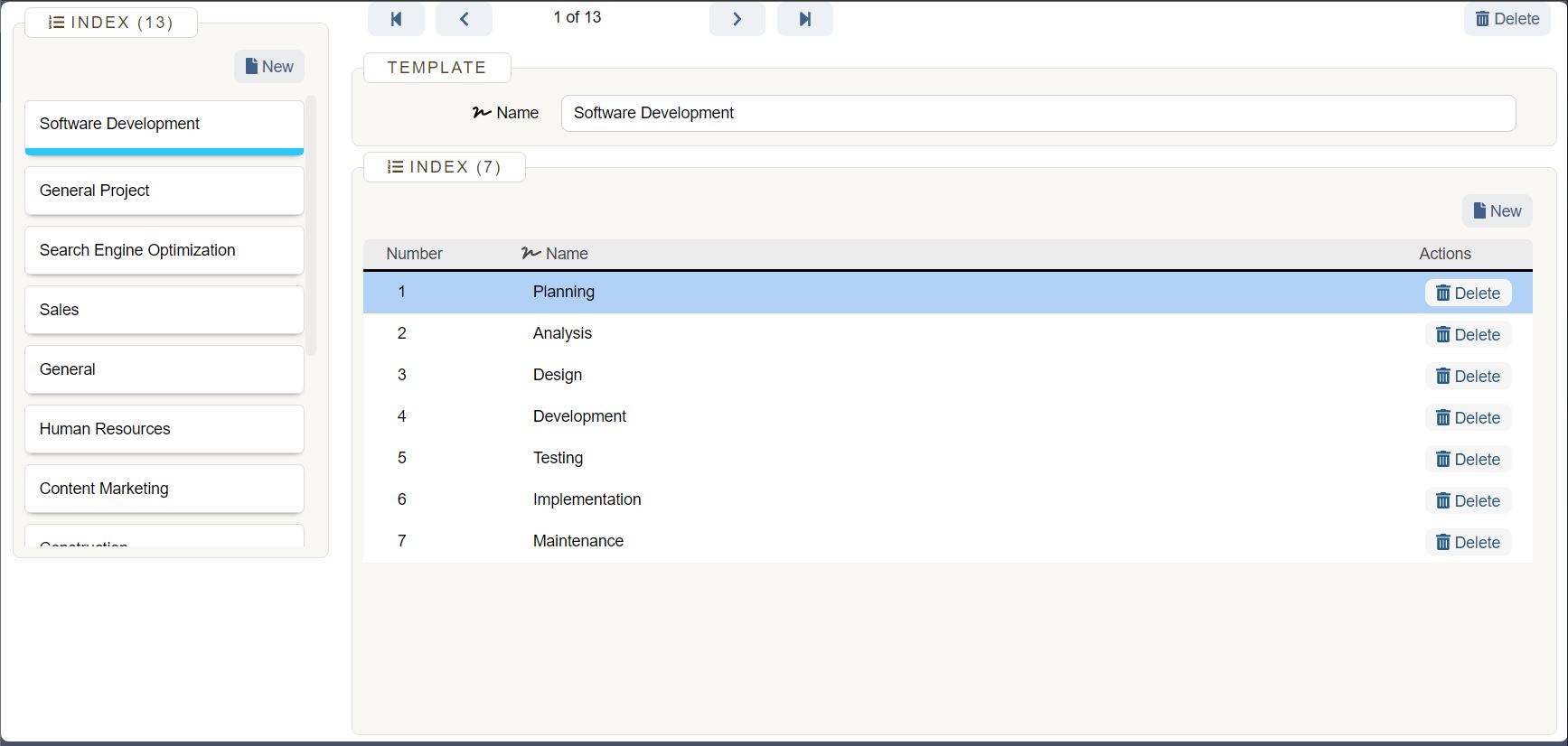
The project manager’s planning phase over, it’s time for the actual project to commence. Follow the plan and provide leadership as each step is executed. Keep track of previously agreed-upon performance metrics , delegate unexpected tasks as they come up, and oversee the process from start to finish.
Step 7: Finish Up
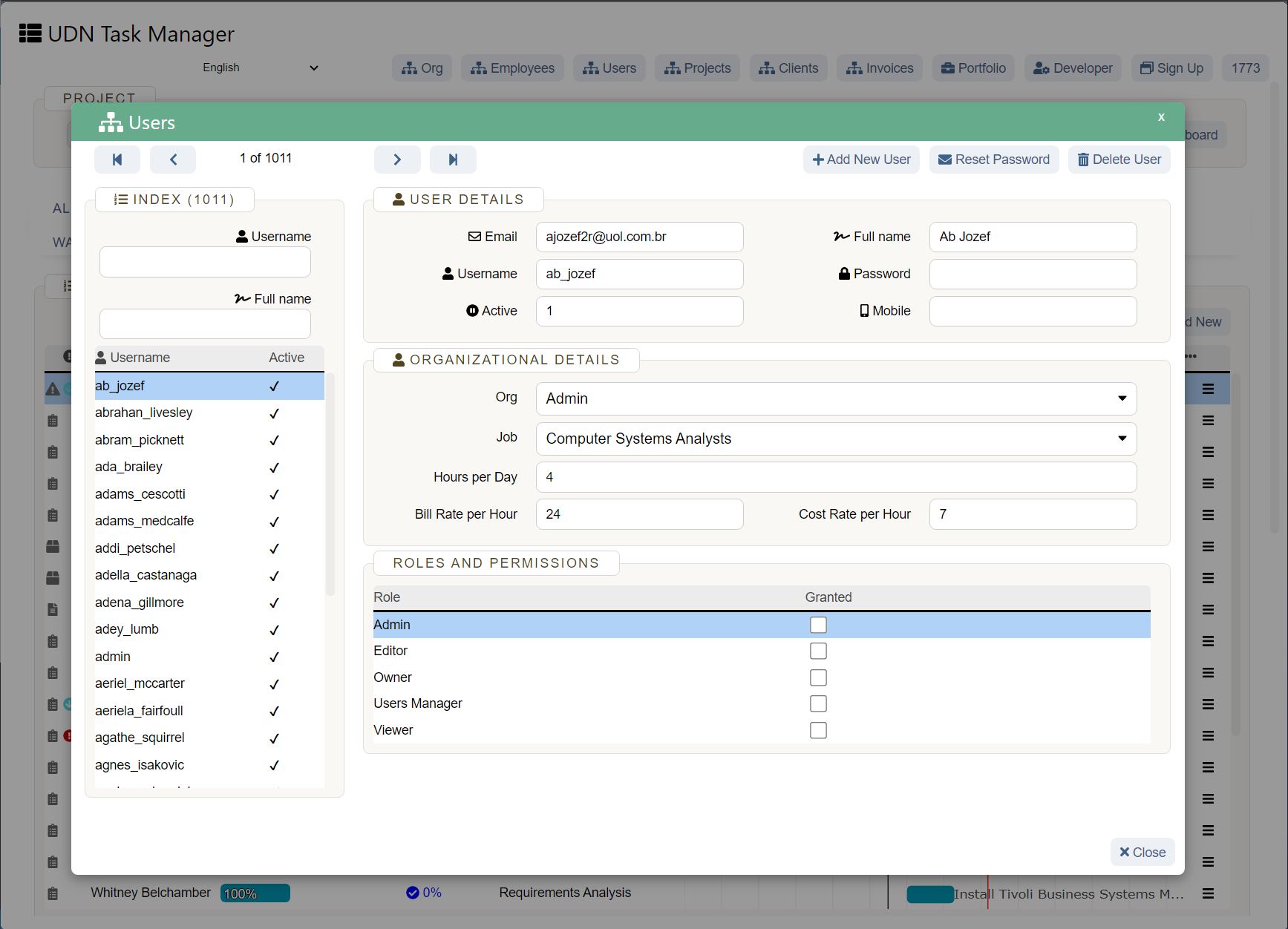
Debrief with clients, construction teams, and management personnel to go over the project’s success as well as how any setbacks were handled and ways to improve on the process in the future. This is also a good time to finalize project documentation, close out contracts, and review any other project control processes implemented during construction.
The 9 Most-Common Obstacles for Construction Management Projects
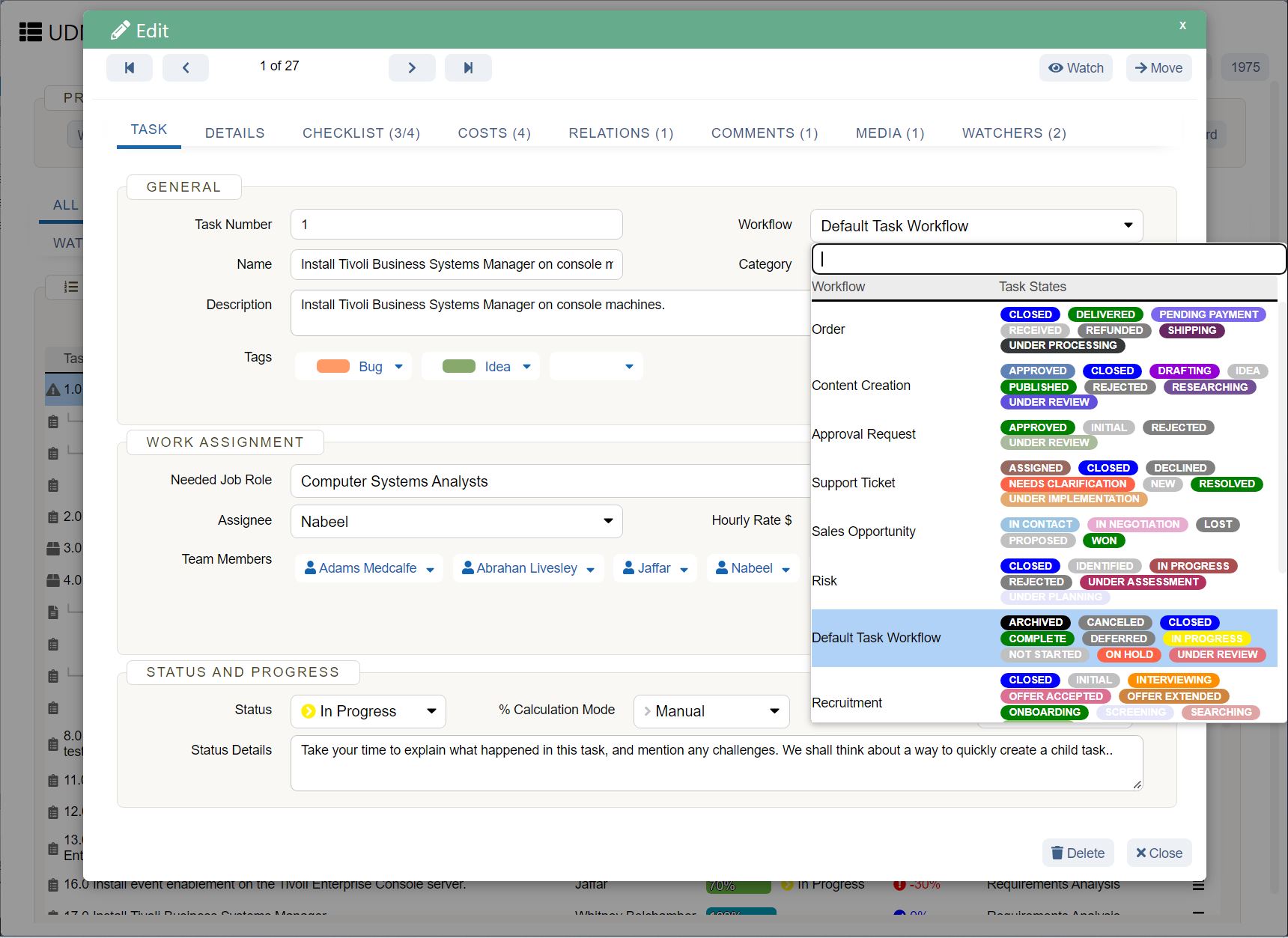
Construction project planning and scheduling is complex. With so many people and moving parts to manage, you will undoubtedly face one or more of the following construction project management obstacles:
Poor communication
In a recent study in which analysts identified the causes and effects of poor communication in the construction industry , one thing was clear: Poor communication is a major issue, creating costly time and budget overruns for the majority of projects. And yet another study concluded that having great communication skills is one of the most important leadership traits of construction project managers .
Unrealistic budgets
An analysis of modern construction project cost overrun indicates that going over budget is the number-one issue for most related jobs. As a project manager, it’s your responsibility to do the research, price everything out, and be honest with your client in regards to what goals they can realistically achieve given their budget.
Mismanagement of data
According to Concrete Construction , construction team members waste an average of 5.5 hours per week simply looking for revised drawings, material cut sheets, and project plan updates that should have been readily available. Additional issues like data inaccuracies and a lack of simple info sharing by stakeholders are all easily solved by using a singular tech platform as your project hub.
General disorganization
Research conducted by PlanGrid and FMI indicates that perfectly avoidable issues in the construction industry have cost U.S. businesses, on average, more than $31 billion annually. Lack of conflict management procedures, misplaced project data, and an absence of processes for handling mistakes are the top culprits.
Violation of OSHA safety standards
According to stats, 59.5% of construction-related injuries in 2017 were preventable if special attention had been paid to safety during the project planning phase. These and other common stats for the construction industry note that conscious attention to this subject can dramatically decrease this percentage and make construction a much safer industry as a whole.
Undefined milestones
Project management statistics say 77% of project teams disagree on when a project is actually done. It might not seem like that big of a deal, but leaving the door open for ongoing rework can lead to some serious scope creep.
Inadequate employee training
As of 2018, construction employment has reached a 10-year high , with over 303,000 employees added to the workforce in the past year alone. Regardless of who your customer hires, it’s important that you verify the credentials and training of all project members. Lack of a certain skill set, advanced education, or knowledge of industry best practices may result in unexpected (yet preventable) project setbacks and onsite injury.
Stakeholders being kept in the dark
A recent study on causes for rework in construction project in China found that effective rework management requires the close collaboration of all stakeholders involved in different project stages. The study also asserts that the inclusion of specialized consultants where needed and the reduction of project scope both play a huge role in improving construction project efficiency.
Failure to adopt new industry tech
This year’s biggest construction trends revolve around construction management software, smart contracts, and other efficiency-improving tools. Although only 24% of respondents to this construction technology report said they were comfortable using these new tools, builders and contractors will have to keep up with these construction trends in order to grow and sustain their businesses in the coming years.
Work experience will always play a role in a project manager’s relative success, but with these key obstacles in mind, it will be much easier to ensure your construction project’s success regardless of your work history.
Keys to Success: Construction Management Projects
Within any industry, there are some steadfast tips and tricks that all experts can agree on. For project management in the construction industry, those strategies include:
Automating project management tasks
Automation in the construction industry is a hot topic these days. In addition to taking advantage of recent advancements in construction automation technology, project managers can learn how to scale their own productivity while still maintaining consistency and high quality.
Nailing project-delivery timelines
A recent construction planning efficiency and delivery time analysis noted that, on average, construction project planners predict delivery timelines with 58% accuracy. So if you’re looking to really stand out, consider improving in this area. Finding new ways to determine scope of work, listing tasks, and mapping things out with Gantt charts can help construction project managers improve their skill set.
Building and using project-planning templates
Project-planning templates for construction can streamline your planning workflow and maximize overall project efficiency. Whether you customize a prebuilt template or create a new one from scratch, having these tools in place ahead of time is a go-to tactic for smart project managers.
Having creative confidence
Experts note that streamlining your workflow (using proper project management strategy and the tips above) provides you with the extra mental bandwidth needed to support creative thinking and spontaneity in decision-making. In fact, successful business leaders like Barbara Dyer (the former CEO and President of Hitachi) often speak of the importance of creativity at work .
Drafting a project kickoff checklist
A successful project kickoff meeting should include a standard set of tasks, regardless of what industry you’re in. Make team introductions, iron out details, and discuss site considerations, all without missing a beat, thanks to a set list of talking points on your meeting-prep checklist.
5 Must-Have Tools for Efficient Construction Management Projects
Just like your contractors have to prepare their project tools, you’ll need to have your project management arsenal ready to go before starting your next big gig.
Billing and estimating calculators
Web-based and affordable, these calculators take all the guesswork out of your calculations while also saving you time.
Centralized document management
As we’ve mentioned earlier, searching for project data and relevant documents can be a huge time suck for team members at every level. Having all documents in one central location can save time and headaches.
Real-time communication platforms
Platforms that have mobile capabilities are especially convenient for those who are actively involved in decision-making, even if they aren’t physically present on site.
Work-breakdown-structure templates
Key project deliverables and team organization is spelled out in simple terms with templates you can rinse and repeat for most major construction projects.
Construction project management software
Set priorities, align goals, and manage resources with your co-collaborators all on one easy-to-use project management platform .
Certain tools, software in particular, will include components of some or all of these helpful features in one platform. However, not all construction project management tools are created equal. Knowing how to choose the right software for your project needs is crucial.
How to Choose Construction Project Management Software
It’s easy to tell a good software program for construction project management from a great one. As you shop around, make sure to find commercial construction project management software that stands out from the crowd. It will typically help you do the following:
Beyond these functions, experts say effective construction project management software will also allow you to get feedback from stakeholders, try alternative solutions to problems as they arise, and provide space for you to outline, share, and get notes on your plan.
Top 10 Features All Great Project Management Tools Offer
A great construction tracking software will cover each and every step on any construction project management process flow chart. Before you commit to a new program, make sure to look for the following characteristics of a winning construction project management tool:
Each of these product features makes your investment in project management software that much more profitable and worthwhile. As you continue to take on new construction ventures, your tools should also adapt and change over time through regular updates and expanded features.
Main Takeaways: Construction Management Projects
Thanks to recent economic growth spurts, the U.S. construction industry now makes up a solid 4.1% of our GDP. When you start looking into this successful industry and how to become a construction project manager , keep the following in mind:
The construction industry is ever-changing and thriving, meaning expert project managers will have plenty of opportunities to expand both their portfolios and abilities in the coming years. But no matter what you work on, remember that having the right knowledge and tools in place ahead of time makes it easy to organize dozens of documents, stakeholder communications, and a bevy of other details associated with all construction projects.










